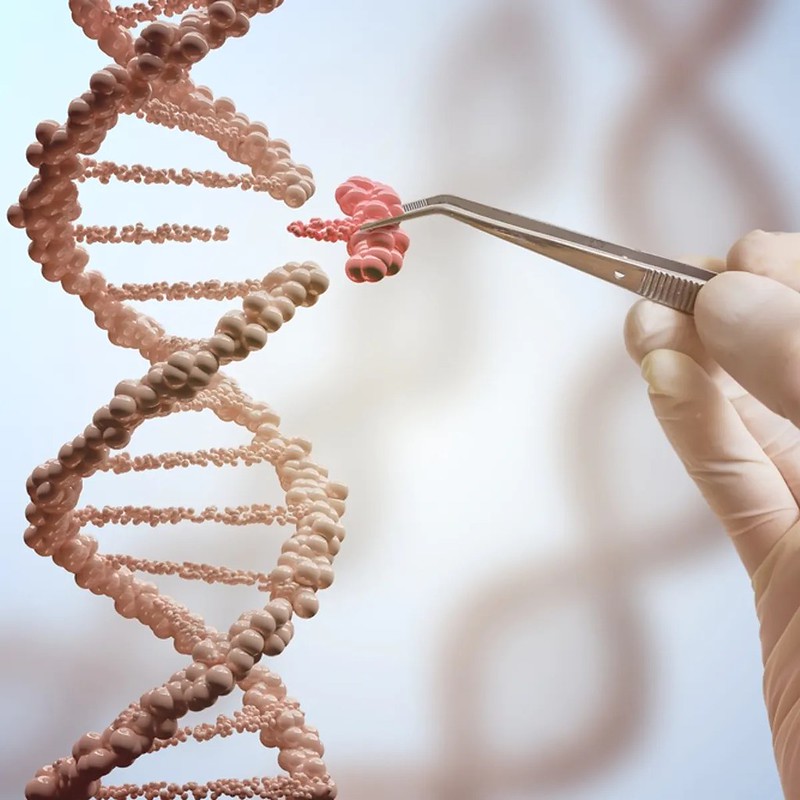Cancer immunotherapy is an essential treatment used to boost or change how your immune system works. T cells are a type of white blood cell in the immune system that help fight cancer. T cells rely on antigen receptors to locate their target cancer cells, but they often do not have the specific receptor repertoire they need. To solve this issue, artificial receptors can be genetically engineered into T cells, creating efficient chimeric antigen receptors (CAR) T cells that are better equipped to bind to cancer cells. In the field of CAR T cells, it is difficult to precisely identify which CAR T cell binds optimally. Many of them have only been shown to help blood cancer tumors and are extremely toxic. T cells are challenging to genetically modify, and although scientists have managed to knock out genes, knock-in cell therapy is more difficult.
Yale professor Sidi Chen’s lab developed a precise, high throughput genomic engineering system, CLASH, to address these problems. After nearly half a decade, Xiaoyun Dai, an associate research scientist in Chen’s lab, and Chen found that electroporation—using electric shocks to introduce DNA into cells—can be used in combination with a versatile adeno-associated viral vector to deliver therapy and target cancer cells. This method is much less toxic for the cells, is easier to use, and has higher efficiency than current therapy. “We were able to create a new platform to modify the human genome in a precise manner by massive insertions,” Chen said.
CLASH can be applied to other types of cells and translational medicine as the technology is further introduced. “It brings much hope and flexibility to change our genomes in immune cells in any direction we want to improve and find new targets for the CAR T cell models,” Dai said.

